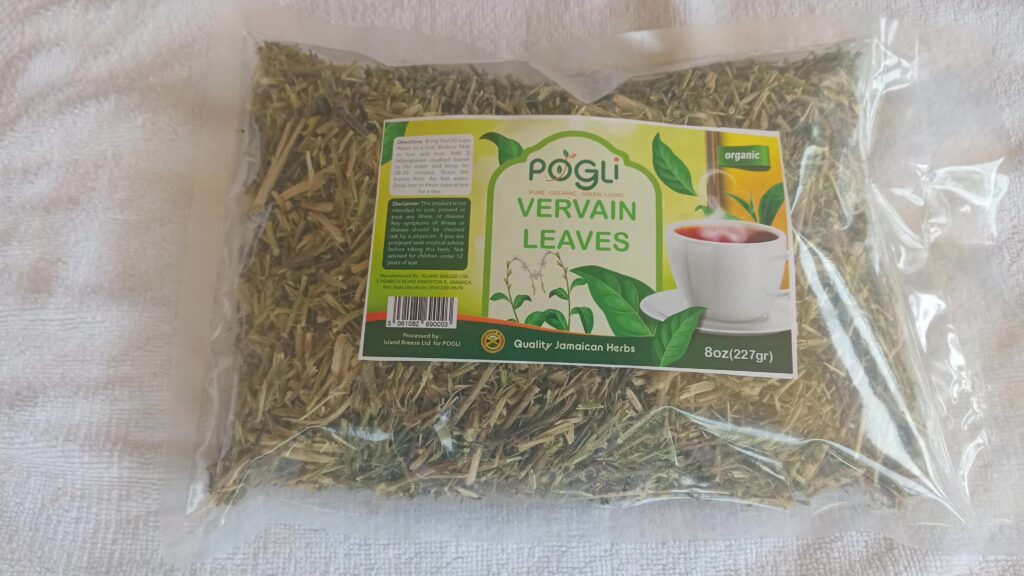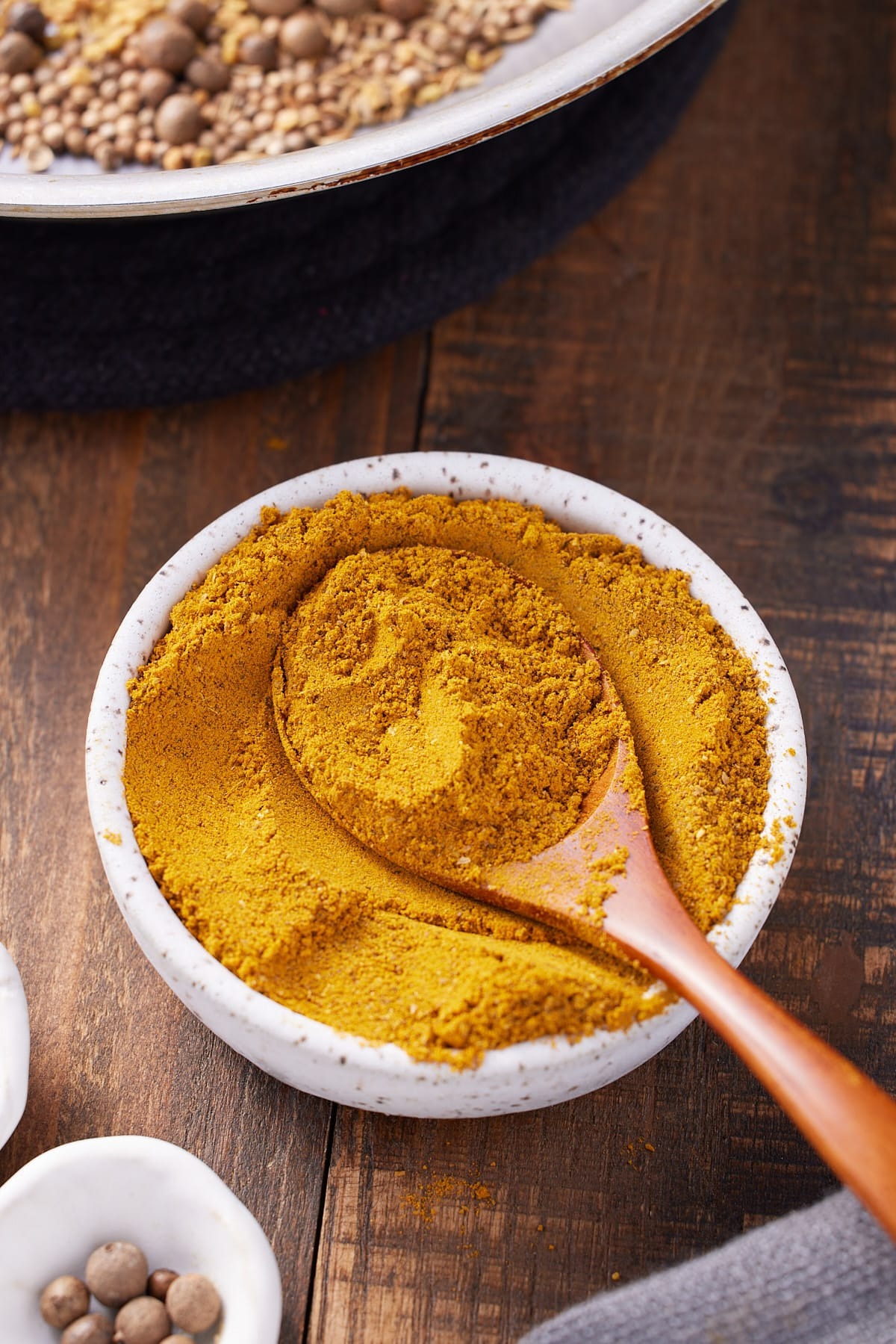
Vervain leaves, from the Verbena plant, have a long history in herbal medicine and are gaining renewed interest for their wide range of potential health benefits. Known for their delicate, slightly bitter flavor, vervain leaves contain an impressive array of plant compounds that make them a valuable natural remedy.
Nutritional and Medicinal Properties
Vervain leaves are rich in bioactive compounds such as iridoid glycosides, flavonoids, tannins, and triterpenoids. These substances give the plant its antioxidant, anti-inflammatory, and antimicrobial properties[1][4]. Antioxidants in vervain help protect the body from oxidative stress, which may lower the risk of chronic diseases like arthritis and cancer[4][5].
Health Benefits
Vervain leaves have traditionally been used to ease a variety of ailments:
Convenient Ways to Use Vervain Leaves
Alternative Perspectives
While animal and laboratory studies are promising, human research is still limited. Some people may be sensitive to vervain or experience mild side effects. Always consult with a healthcare provider before adding new herbal remedies to your routine, especially if you have existing health conditions or are pregnant[2][4]
| Weight | 0.3 lbs |
|---|
Explore More

Special Offer